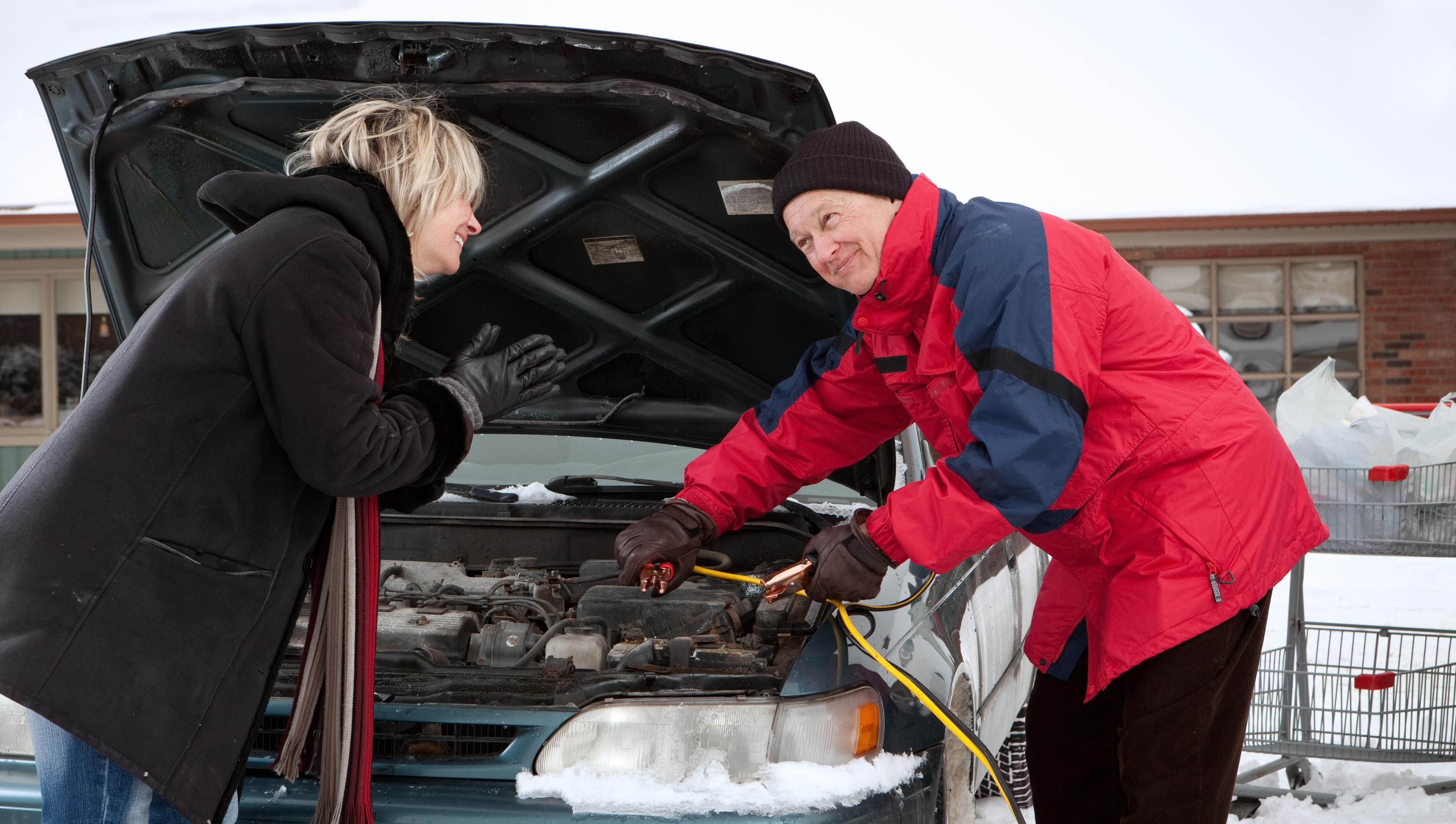How Simple Acts of Kindness Can Be Good for Your Health

Blue Daily
| 4 min read

Discussions about staying healthy often revolve around being active each day, eating nutritious foods and making time for self-care. But another piece of this is making time to connect with our community and finding small ways to help others. When people do this, they find that performing simple acts of kindness can be good for their own health.
Dr. Amy Milewski, Vice President of Clinical Partnerships and Associate CMO for Blue Cross Blue Shield of Michigan, has some tips for boosting your health by simply being kinder.
Why it’s better to give than receive
The premise behind this mental health benefit is pretty basic and follows the old adage that it’s better to give than to receive. But it’s also based on research that shows helping others and giving of ourselves makes us feel good. Being altruistic - unselfishly putting someone’s needs above your own - is good for our brains and our bodies.
“That piece is key. You can't feel obligated to do it. You really want to be motivated to help others, and there's a lot of health benefits and mental health benefits associated with that,” she said.
Feel-good benefits
The benefits of doing good things for others can include improved self-esteem as well as a release of endorphins - chemicals that include dopamine, oxytocin and serotonin - that help your body and brain feel good.
“You get this feeling of almost like what people call a runner's high. This is actually what people call a helper's high. And that's the immediate impact after you are helping or serving another,” Milewski said.
Other health benefits can include:
- Lower blood pressure
- Lower stress levels
- Fewer instances of feeling depressed
- Less anxiety
Helping others could help you live longer
Could helping others and doing more small acts of kindness really help you live longer?
“There was actually a study that looked at people who were over the age of 55 who were participating in volunteering with two or more organizations," Milewski said. "It found that 44% of them were less likely to die over a five-year time period when you controlled for other factors. So it's pretty significant when you look at it that way, that just helping others can help you to extend your life and live longer.”
Kindness offers a mental reset
It’s easy to get so wrapped up in your own life that you stop connecting with others in meaningful ways. Offering to do kind things for other people allows us to step outside our own lives and build a sense of community with someone else. It lessens your own isolation and also improves someone else’s life.
“Oftentimes, we feel too busy, we don't have time to help out. But it's actually the reverse is true that when you give, it actually gives you a better perspective on your life. It helps you to put things in their proper context and proper place and just helps you to kind of mentally reset," she said.
Some examples of small acts of kindness:
- Inviting someone who lives alone out for coffee or a meal
- Volunteering at your local food pantry
- Offering to read to someone at an assisted living center
- Helping a neighbor with yard work
- Taking a meal to someone who is having a difficult week
“I think a lot of times what I've heard from people that volunteer is they go in thinking, ‘I'm going to go in and help’ and you are helping. But oftentimes you get more back out of that than what you've even given," Milewski said. "And that I think goes to show the impact of that kind of human bond that we all have.”
Showing children that small acts have big rewards
If you have children, letting them see you perform small acts of kindness takes all these benefits to a higher level. Modeling altruism for children is important. It sets them on a path for good works that will bring them rewards later in life, even if they don’t understand that now.
“I know families that go out and volunteer, and I think that can really help set a great example for kids going forward and how to be part of a community and help step out and help others. That also builds that in for yourself, because we know all the self-benefits of that,” she said.
Do you want to learn more about how helping others can have big rewards for your mind and your body? Listen to this episode of “A Healthier Michigan Podcast” featuring a conversation with Dr. Amy Milewski, Vice President of Clinical Partnerships and Associate CMO for Blue Cross Blue Shield of Michigan, to hear more tips for boosting your health by simply being kinder.
Photo credit: Getty Images
Read on:





